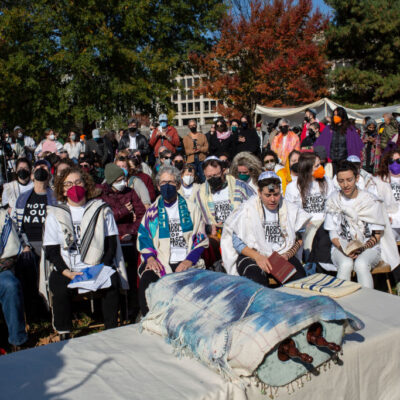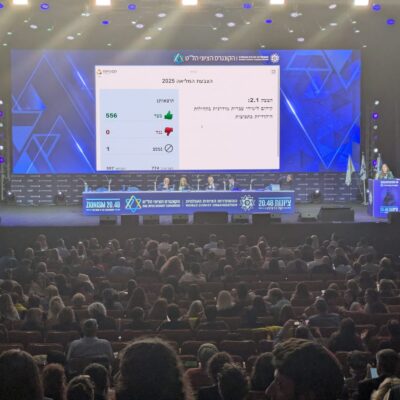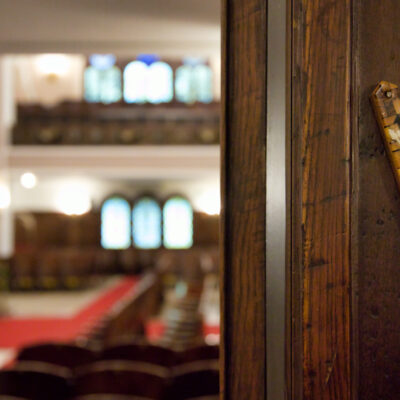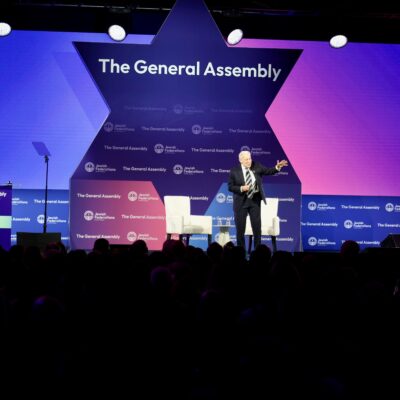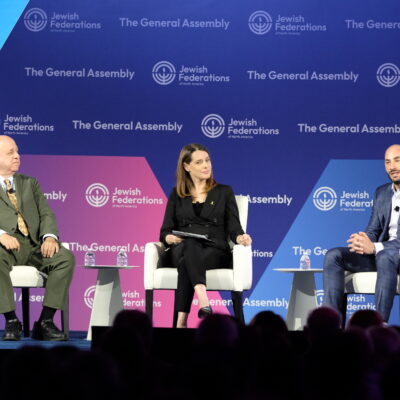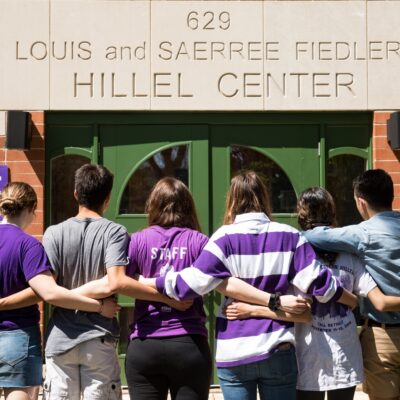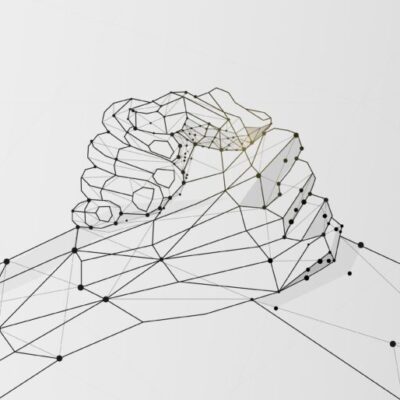Opinion
Global Jewish Communities: Examining Contemporary Challenges, Predicting an Uncertain Future

By Steven Windmueller, Ph.D.
Smaller Jewish communities across the globe are experiencing an extraordinary set of organizational challenges. Young Jews are sharing stories of intimidation, isolation and ridicule as they seek to build meaningful and inclusive communities. In my work this past week with scores of millennial Jewish leaders from across the world, one finds a disturbing story of generational wars and institutional rivalries.
These internal challenges become even more complicated against the backdrop of a growing global presence of anti-Jewish sentiment and anti-Israel organizing.
Stuck in Time and Place: For some Eastern European, South American, and island Jewish communities one finds a time warp as leaders cling to power by simply moving from one entrenched leadership position to another, creating a communal system built on the retention of power among a particular set of elites. The closing off of access points for younger Jews has become a roadmap for marginalizing and ultimately destroying the possible opportunities to reinvigorate Jewish life.
These Jewish wars are occurring in English speaking communities across the globe, just as they are taking place among nation-states of the former Soviet Union and within the small Jewish enclaves across the Americas.
Building from the Outside In: Where one cannot enter the established systems of communal governance, the only course for such younger Jewish activists is to opt out by forming competing institutional models. As this approach unfolds in some parts of the Jewish world, we see a dispirited and angry segment of Jews who often feel disempowered and at times ostracized by their elders.
Ideological Disconnects: Old religious wars at times are being played out in many of these smaller, more isolated Diaspora communities. The “fence of the Torah” seems to extend itself at times to impose the power of intimidation and the threat of firing professionals and rabbis should they undermine the existing religious and power arrangements within these communities.
The Power of Censure: In this brief survey one can identify, as an example, young traditional rabbis in small isolated communities struggling to bring together diverse religious elements in building alternative communities. Yet, the power of the established rabbinate is continually present to “monitor” and at times threaten these emerging rabbinic voices should they stray across denominational boundaries in order to build relationships with liberal or progressive colleagues and institutions. Positions framed by ideologies and long-standing theological perspectives allow communal leaders to maintain their power by controlling the lines of communication and by imposing their financial influence. In the emerging communities of Central and Eastern Europe, the politics of conflict has fostered institutional tensions; such a strategy serves those entrenched authorities that seek to preserve their base of power over the community.
Size Matters: As many, if not most, of these dysfunctional examples are occurring in countries with relatively small Jewish populations, the capacity to build alternative forms of religious and communal practice would appear slim to none. As we have seen elsewhere in the Jewish communal experience, the ability to create alternative tracks of Jewish religious, cultural and educational practice can rarely take place, absent a sustainable base of Jewish participants as well as access to necessary resources.
Absence of Qualitative Resources: Many of these emerging communities are constrained by the unevenness of financial support and the spotty nature of global Jewish funding. In some settings, traditional/haredi communities are seen by governmental bodies and other funders as the country’s “authentic Jews” and as such are exclusively extended support. In the aftermath of such policy decisions, liberal and alternative community ventures are left bereft of resources. Similarly, one can identify outside funders who are attracted for short periods of time to specific exotic Jewish initiatives, whether in Belarus, Hungary, or elsewhere. The absence of a coordinated, sustained plan for community development and leadership engagement designed to enhance and strengthen these smaller, more isolated Jewish markets has not been forthcoming.
As a result of the communal mindset prevalent within small to intermediate size communities that comprise much of the Jewish world, we are likely to lose a significant number of communal professionals and dedicated rabbis, as we witness a further pushback on the part of disaffected young families, singles and others who feel alienated and unwelcomed by the established institutional powerbase. There appears to be a profound time warp among many of these isolated community elites who are resisting organizational innovation or ideological compromise in the name of continuity and engagement.
Indeed, we were able to celebrate the liberation of Jewish communities with the collapse of the Soviet era, but the mindset of many of these community leaders remains somehow stuck in a European Jewish model that more readily emulates Soviet authority or the tenor of Jewish life of the Middle Ages than contemporary times. The 21st century notion that the Jewish world is somehow in congruence, sharing a set of common interests and communal goals collapses when confronted by the realities of these scenarios.
Dr. Steven Windmueller is the Rabbi Alfred Gottschalk Emeritus Professor of Jewish Communal Studies at the Skirball campus of the Hebrew Union College-Jewish Institute of Religion, Los Angeles. His writings can be found on his website: www.thewindreport.com.

 Add EJP on Google
Add EJP on Google